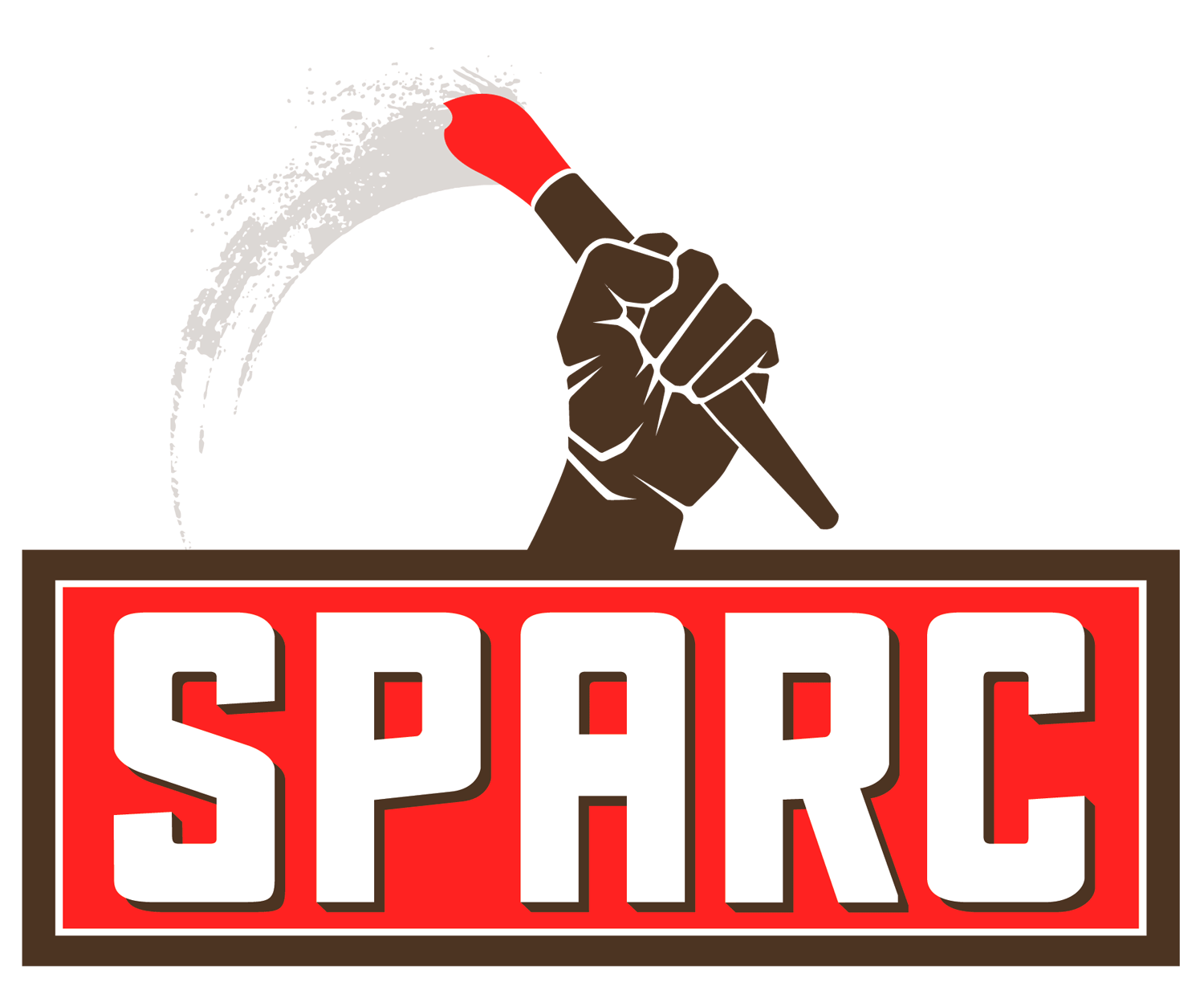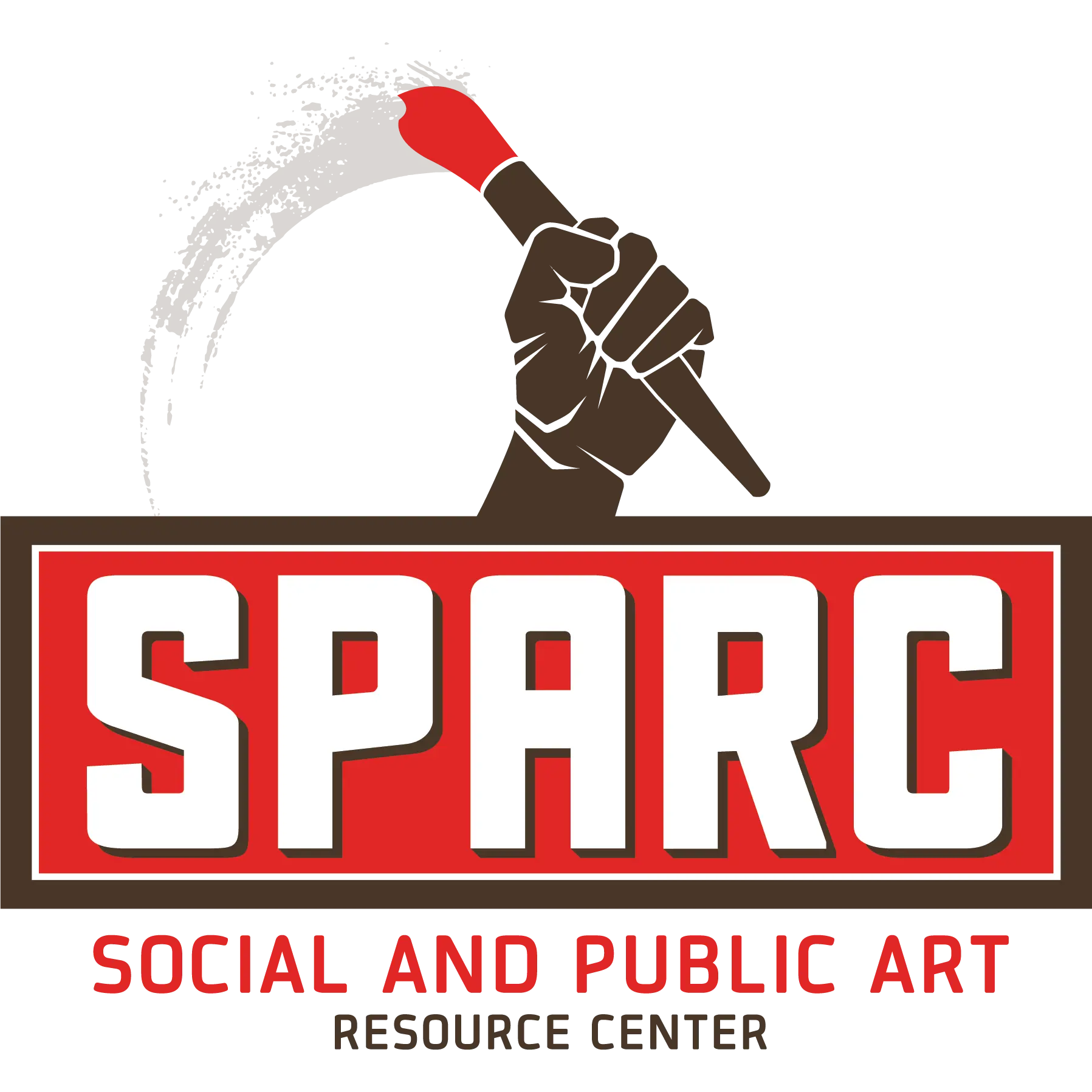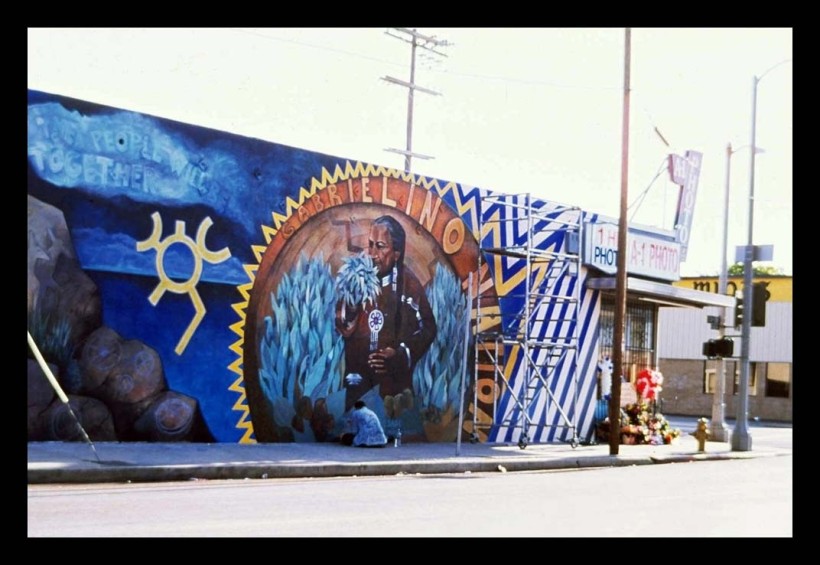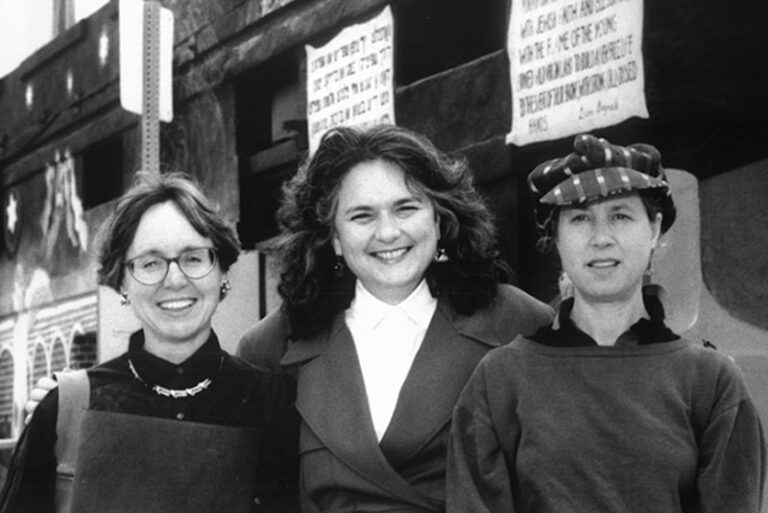De-mystifying Thanksgiving
SPARC is inspired by a question recently posed by Jaclyn Roessel, the Director of Decolonized Futures & Radical Dreams at the U.S. Department of Arts and Culture:
How do we collectively confront the invention of Thanksgiving and take on the myth and falsehoods related to the “founding” of the United States of America?
During Thanksgiving, it becomes even more urgent that we recognize the history of the land we are gathered on and honor the ongoing contributions of indigenous communities to our shared past and future. Thanksgiving is an opportunity to gather with friends and family, to break bread, and to reflect on history in critical and meaningful ways. Here is how you can take action this holiday:
- Begin conversation around your turkey dinner this year. Use the USDAC’s #HonorNativeLand Toolkit to investigate whose land you’re gathering on and offer a land acknowledgment as a way of opening conversation. Discuss with your loved ones the history you learned or didn’t learn about Native peoples. Brainstorm together how can you move beyond acknowledgment and into allyship and action. Is there a commitment you can make together to learning more about the history of the Indigenous communities that have inhabited the land you occupy? Are there Indigenous-led organizations in your community that you can support?
- Understand that 100% of the land this country is on is occupied Native land. All. Of. It. In the video “The ‘Indian Problem’” Suzan Harjo shares, “There was no land brought here, the land here was Native Nations’.” She shares the power of myths and falsehoods and how critical they are to the continual dispossession of Native Peoples of their land.
- Join the movement to recognize Native American history as American History. This social media campaign is working to visually represent how there would be no American History without the Native American contributions, protection and stewardship of Turtle Island (the above photo of me is part of this campaign).
- Read up! Here’s a great, annotated list of selections from the First Nations Development Institute.
- Indigenous peoples and communities are on the frontlines of the protection of Earth Mother. USDAC, has been working to support Climate Strikes through the USDAC Bureau of Energy, Power, and Art. We feel strongly this intersection is one we will grow in the next year and encourage you to show up for the next Global Strike on Friday, November 29th.
These resources are thoughtfully compiled and provided by the U.S. Department of Arts and Culture, a grassroots action network inciting creativity to shape a culture of empathy, equity, and belonging.



